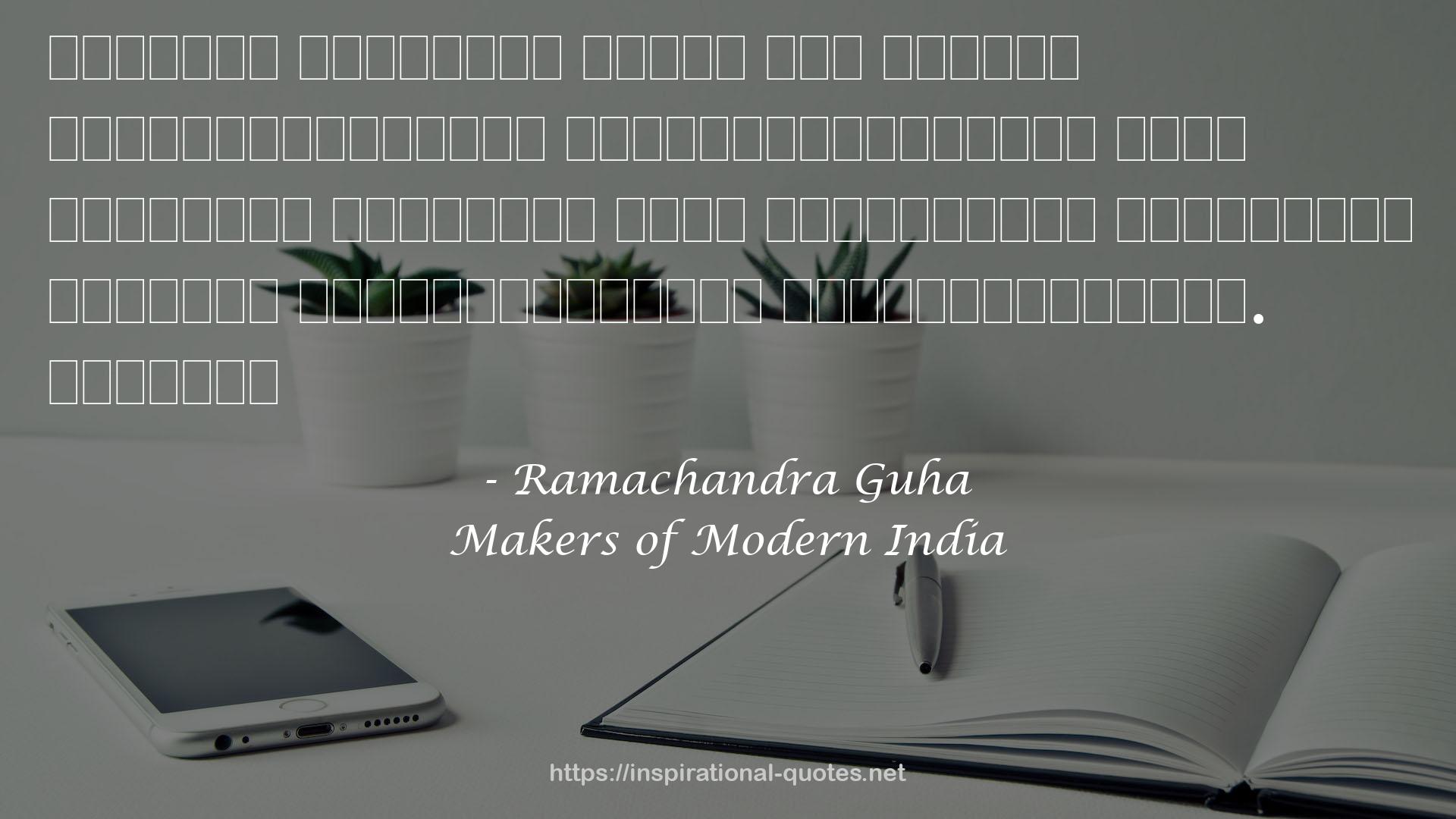Makers of Modern India QUOTES
SOME WORKS
- The Outward Mindset: How to Change Lives and Transform Organizations
- The Heart of Yoga: Developing a Personal Practice Mar-01-1999 Paperback
- আমরা কি এই বাঙলাদেশ চেয়েছিলাম
- Dancing Naked at the Edge of Dawn
- Entangled (Entangled, #1)
- Sword in the Stars (Once & Future #2)
- Manola
- شرفة العار
- طفل الممحاة
- شرفة رجل الثلج

